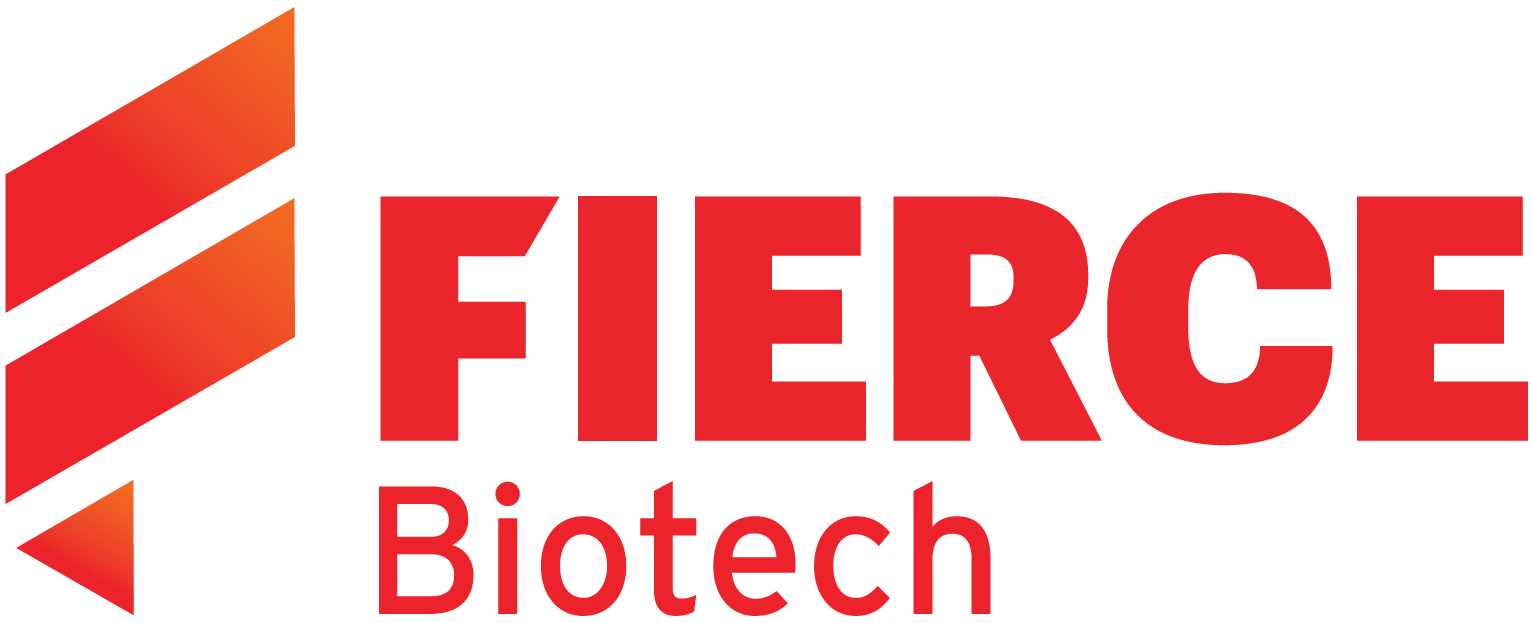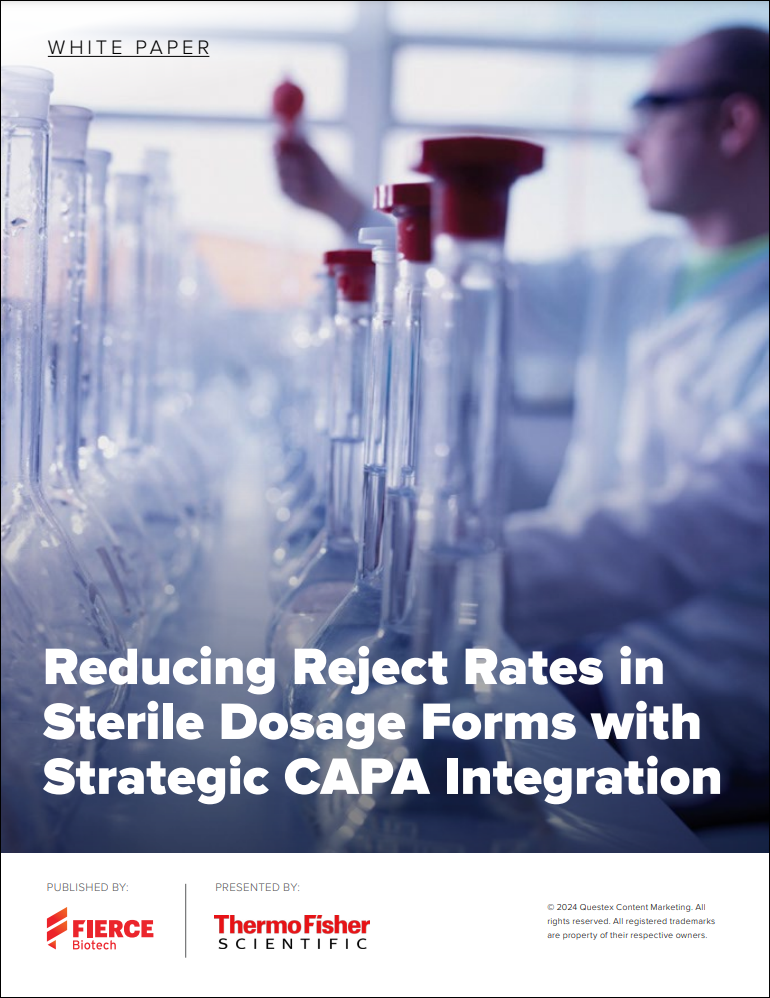


“Reducing Reject Rates in Sterile Dosage Forms with Strategic CAPA Integration”
Corrective and preventive actions (CAPAs) are essential for lowering reject rates in the manufacture of sterile drugs. Here’s how to develop them.
Manufacturers of sterile dosage forms must exercise a high level of precision and control to ensure their products are free from impurities that could endanger patient safety. This can lead to high reject rates in manufacturing, which in turn reduces efficiencies and raises costs for manufacturers. The rapid growth of the sterile medicines market, coupled with the increasing use of automation in the inspection process, is putting more pressure on drug makers than ever before to improve their processes.
Implementing effective corrective and preventive actions (CAPAs) to address rejects is essential to meeting regulatory requirements and to improving the manufacturing of sterile dosage forms going forward. This report examines the causes of high reject rates in sterile dosage manufacturing and describes how biopharmaceutical developers and CDMOs can work together to develop a strong CAPA strategy. It includes:
- The importance of implementing appropriate and validated inspection techniques
- The regulatory requirements for CAPAs
- The elements of a strong root cause analysis in CAPA implementation
- The value of data-driven decision making in taking corrective actions
